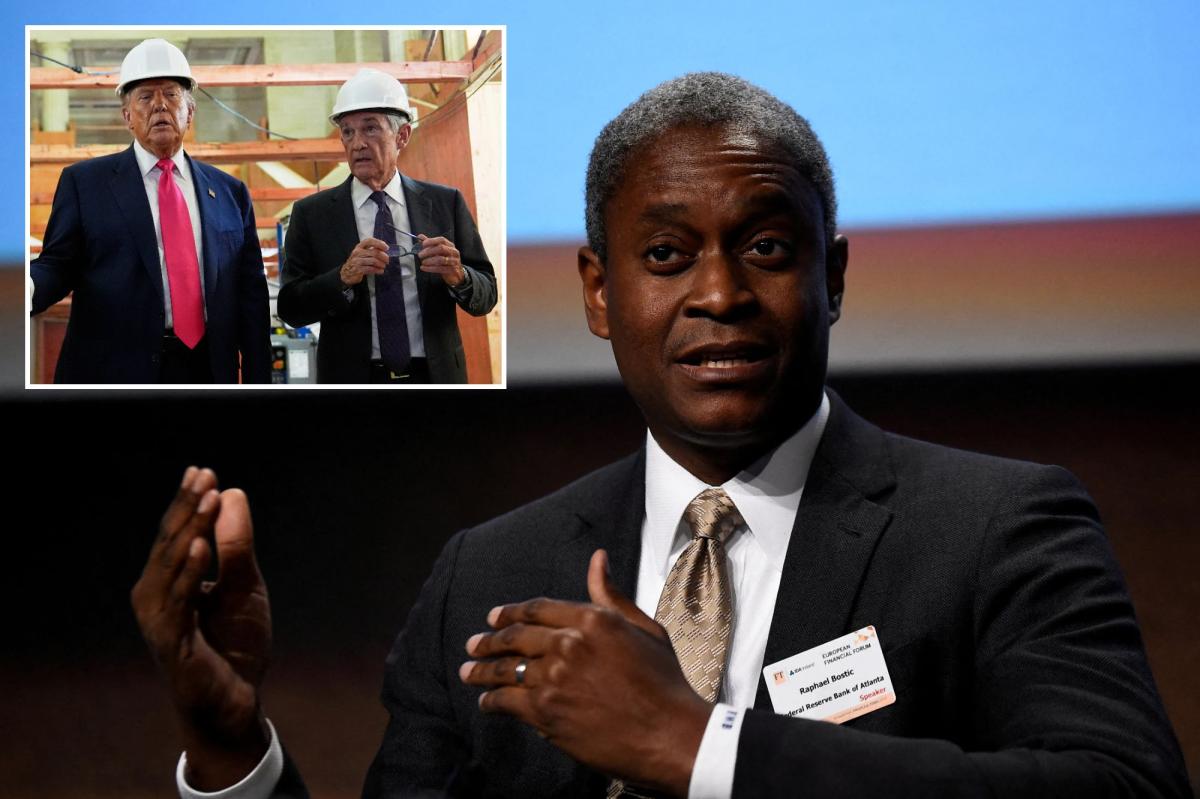McLaren Formula 1 chief Andrea Stella has queried whether Red Bull’s Sao Paulo Grand Prix engine swap for Max Verstappen will be accounted for in the team’s 2025 cost cap.
Verstappen’s car was pulled out of parc ferme after qualifying 16th, as Red Bull elected to change his car’s set-up. He also received his fifth internal combustion engine, turbocharger, MGU-K, MGU-H, and third battery and electronic control unit. Starting from the pitlane covered off the grid penalty served for going outside of his allowance for each component.
F1’s cost cap regulations state that the maximum power unit supply price of €15million can be exempt from the cost cap, although additional power unit components beyond the allowance can be subject to additional charges.
As such, as the additional charges do not have a defined exemption, so Red Bull’s decision to change the entirety of Verstappen’s power unit should affect the overall yearly cap.
Stella stated that he wanted to clarify with the FIA that, since the power unit was changed for performance gain rather than a manufacturer fault, this would be the case.
“This kind of power unit changes, they also challenge the regulations and I will be interested in understanding if the cost of this engine now goes in the cost cap or not,” Stella stated after the Brazilian race.

Lando Norris, McLaren, Max Verstappen, Red Bull Racing
Photo by: Zak Mauger / LAT Images via Getty Images
“If the engine was changed for performance reasons it should go in the cost cap, so let’s see if this is the case or not.
“I mean, not that I will be able to see, it’s all on Red Bull’s side, but this is also one reason why we wouldn’t do it – because it would end up in the cost cap.”
Following the race, it was suggested among the paddock that Verstappen’s new powertrain was a factor in his recovery through the field, particularly as he set up myriad passes out of traction zones through the race.
However, Stella believes that the degradation of the modern-day powertrains was not enough to make much difference.
“In terms of performance, I think introducing a new engine nowadays – I don’t know how this works for Honda, but in general these engines they don’t exhibit much degradation with mileage,” he explained.
“That’s why in general you wouldn’t change an engine and accept a penalty or a loss of positions because normally the performance you get back doesn’t really compensate for the positional losses.
“But like I say, I’m not sure how the power degradation works for Honda.”
We want your opinion!
What would you like to see on Motorsport.com?
– The Motorsport.com Team
Disclaimer : This story is auto aggregated by a computer programme and has not been created or edited by DOWNTHENEWS. Publisher: motorsport.com







